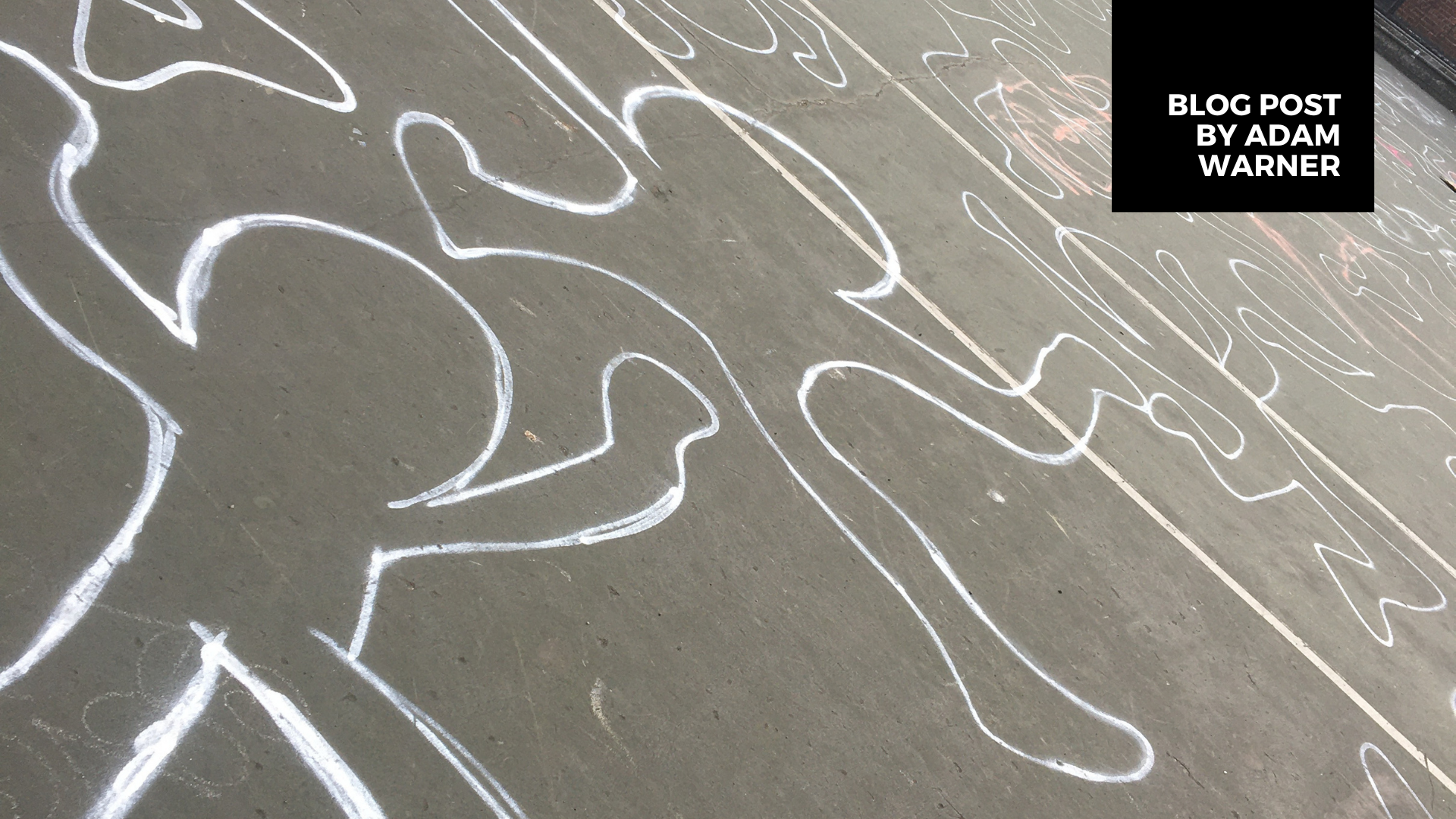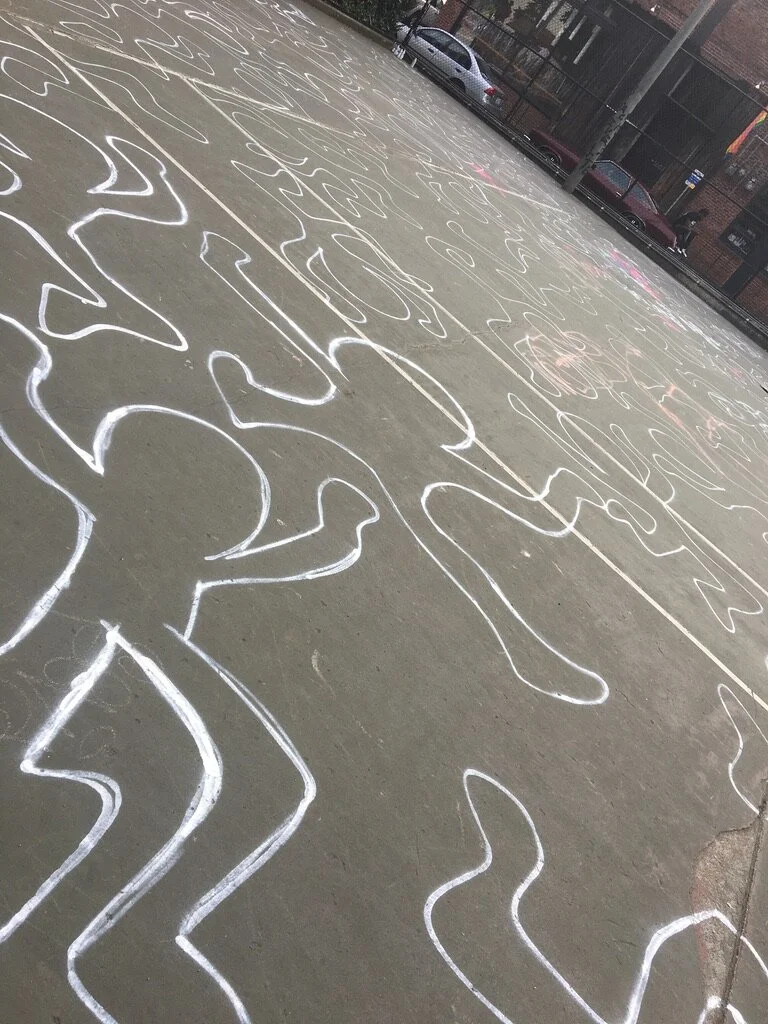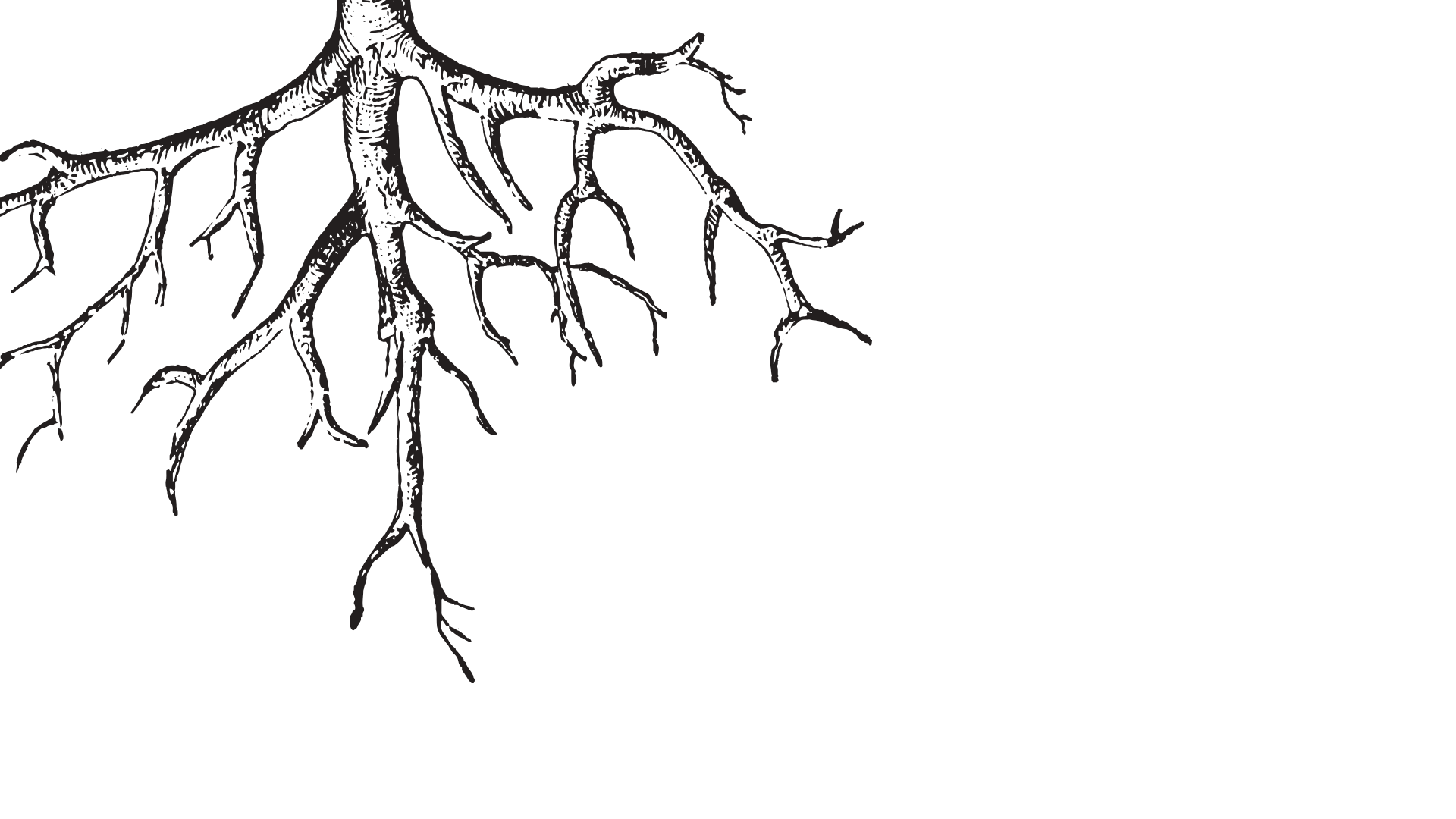(A guest post from Adam Warner)
I imagined:
Looking at the news, at the rioting and destruction, the selfishness on all sides, the calls for the removal of earthly authorities, I imagined.
I imagined an alternative world. One where the Body of Christ confronted social issues with the grace and wisdom we are called to. Where, when any member of the body experienced pain or injustice, the other parts quickly rushed in to help support and pray.
I imagined a church that was so interconnected with their brothers and sisters in Christ that it picked up the phone and did outreach and service together, across social and ethnic lines. A church that not only supported and raised money to send people to mission fields around the world, but realized just how fertile and ready for harvest the fields are here.
Don't you have a saying, 'It's still four months until harvest'? I tell you, open your eyes and look at the fields! They are ripe for harvest” John 4:35 NIV
I imagined a church that rushed in instead of sat on the sidelines and condemned. A church that, even if it didn’t fully understand, was there to support and love on others. A church fearless about what others might say or think, considering obedience to God more important than any earthly comfort. A people of God that appeared en masse in places of need.
I imagined that this people of God was there, on the ground, filling the gap so greedily taken by socialist movements, anger, violence, and calls for destruction.
I imagined a resulting social justice movement based on the truth of God. A movement that has a higher, solid foundation for justice and equality.
There is neither Jew nor Greek, there is neither slave nor free, there is no male and female, for you are all one in Christ Jesus. Galatians 3:28
A movement that doesn’t feel the need to resort to violence, or call for the destruction of authority, because it recognizes God’s authority. A movement that realizes that sin exists in us all, and unless we fix the heart that rebels against Christ, the new systems will be just as corrupt as the old. A movement filled with this humbling truth and that is attractive to all because the only aggressors, the only violence, is caused by those truly opposed to justice. A movement that follows Christ’s lead, willing to suffer and submit to put injustice in stark relief. A movement that only suffers for doing good and whose godly actions prick the heart of those who would oppose it.
I imagined this movement, this church, this people of God, clearly just and unable to be accused by the ignorant of violence and demonization of authority, gaining support by the day. Doing good deeds and marching en masse, locked arm in arm, all races and all denominations. Calling for reform and changes to the nation, broken systems, and above all, a heart change to turn back to God. And ALL repent of our sin that caused this systemic problem to exist, and made us fear to speak out against it when it did.
“Be subject for the Lord’s sake to every human institution, whether it be to the emperor as supreme, or to governors as sent by him to punish those who do evil and to praise those who do good. For this is the will of God, that by doing good you should put to silence the ignorance of foolish people. Live as people who are free, not using your freedom as a cover-up for evil, but living as servants of God.” 1 Peter 2:13-16 ESV





















!["I Did it [His] Way"](https://images.squarespace-cdn.com/content/v1/579a90ea59cc68cccf22366f/1590255539891-5XLOMUOVISC8VPROZTEW/Copy+of+Copy+of+Cultivate%284%29.png)